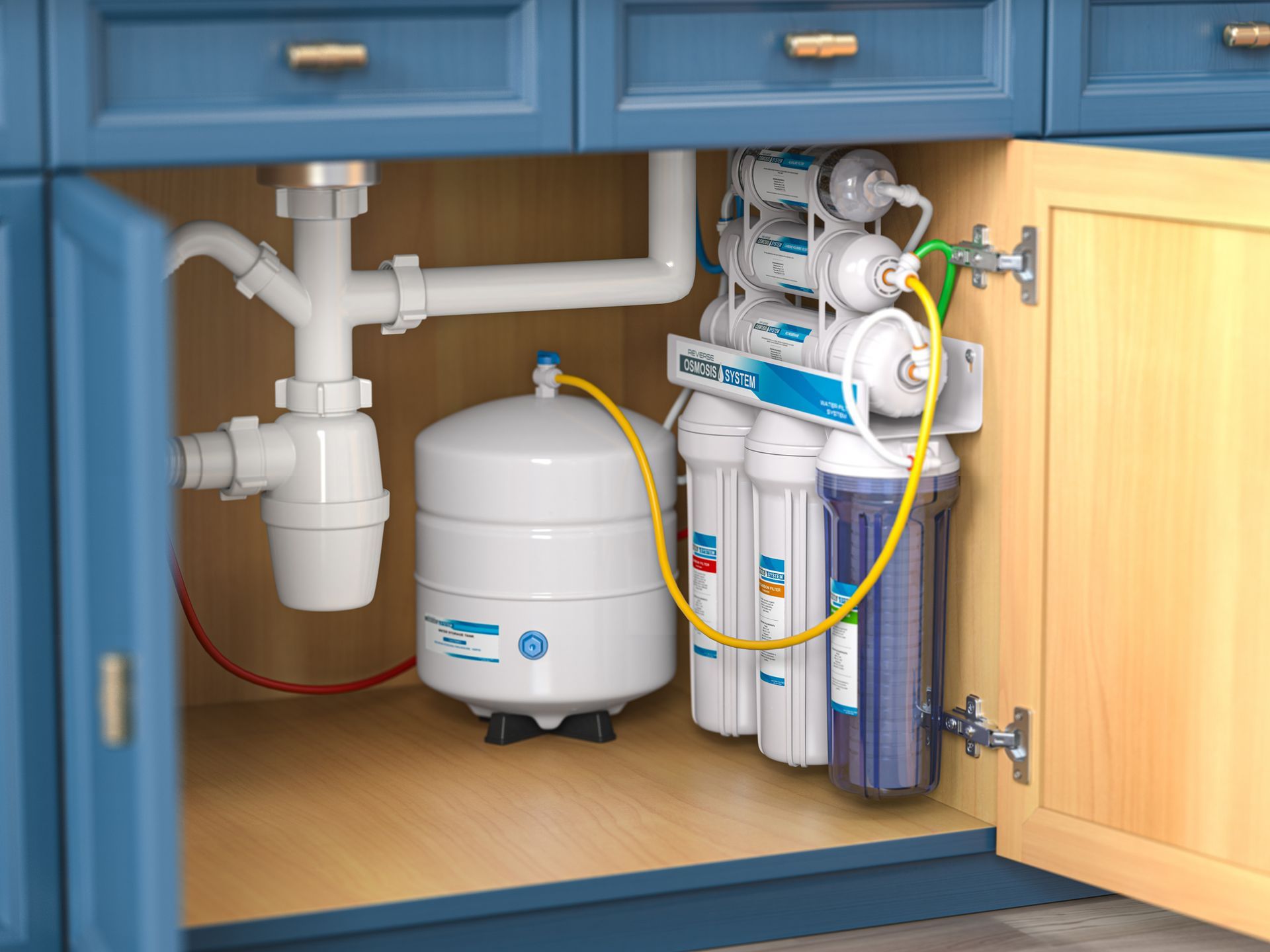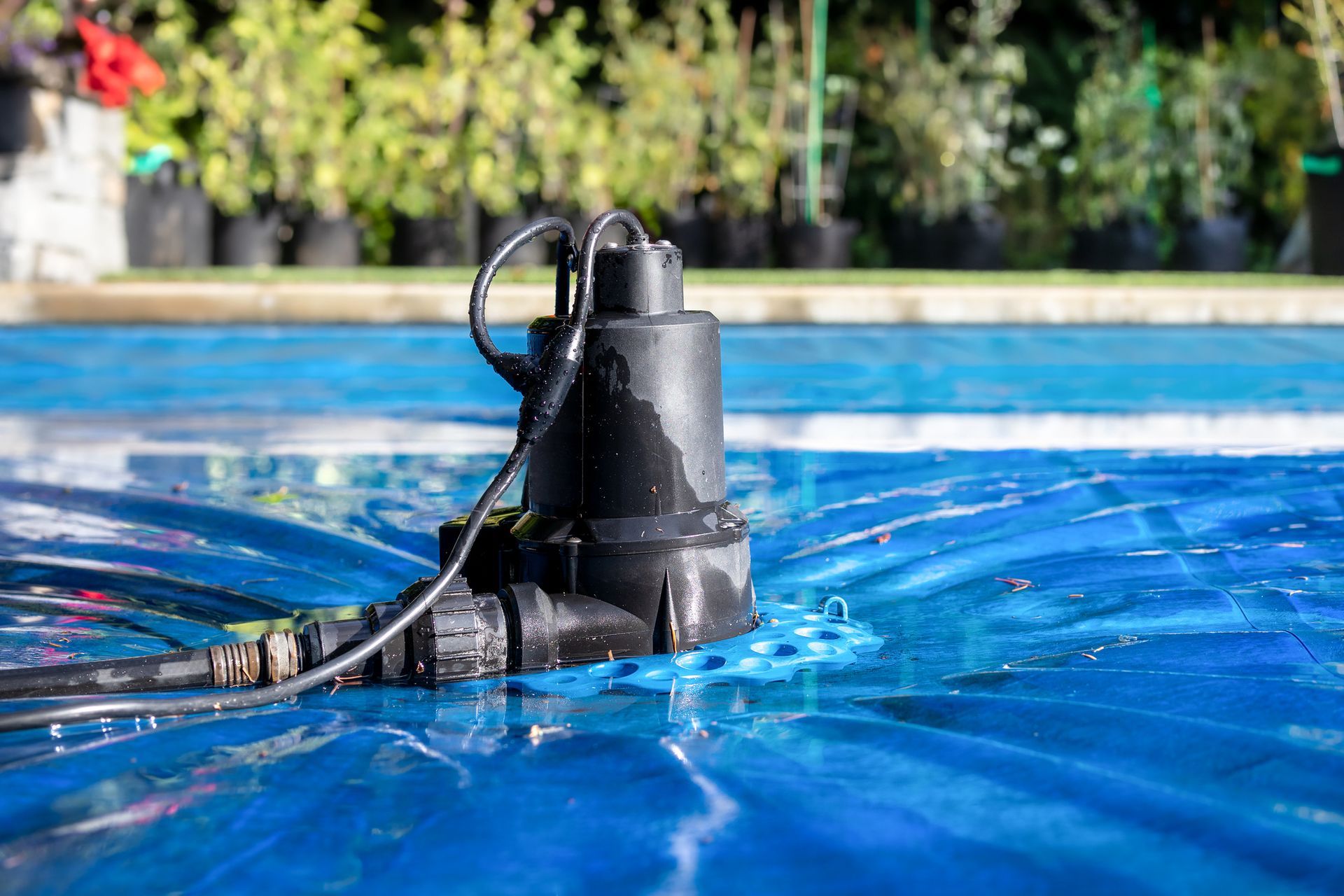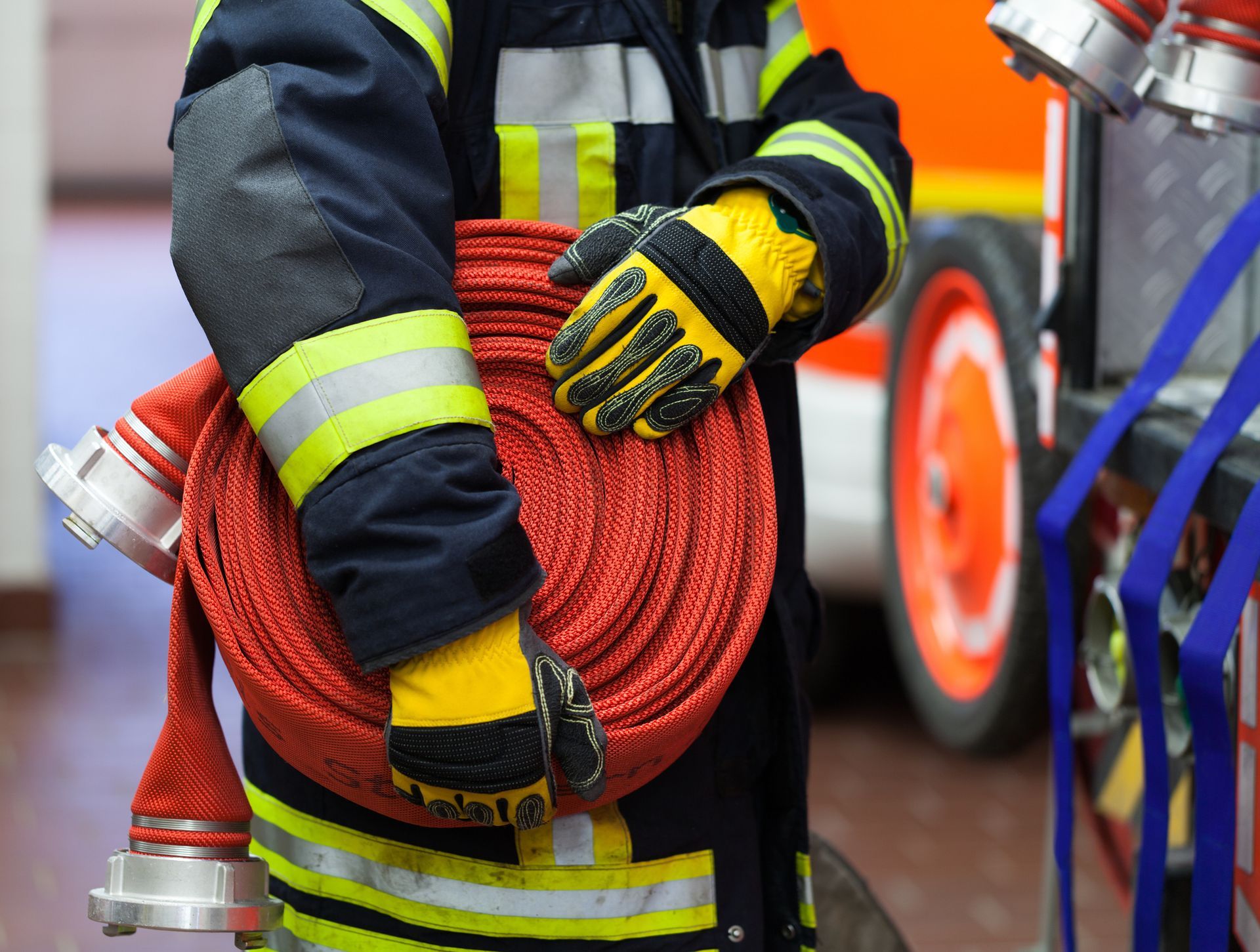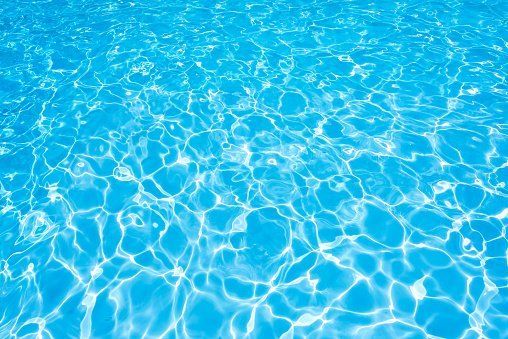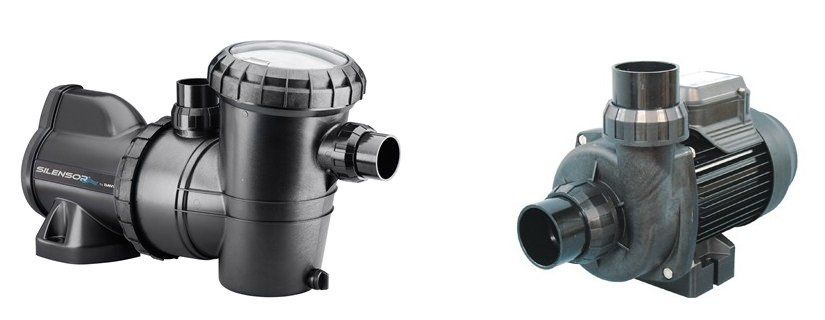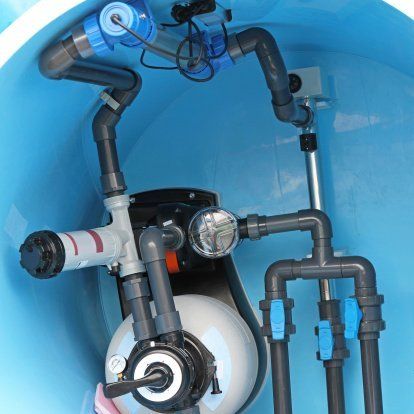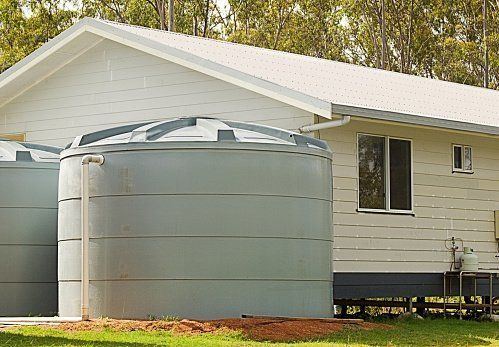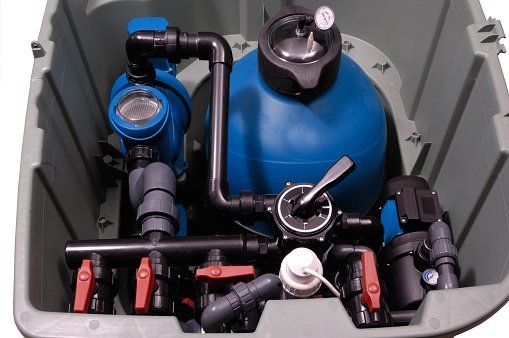What Pool Filter is Right For You? Sand, DE or Cartridge?
The Pros and Cons of Sand, DE and Cartridge Pool Filters
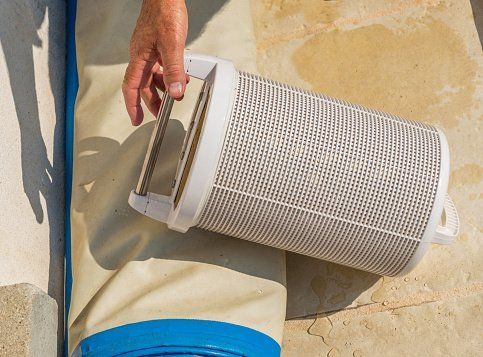
One of the most vital components of any swimming pool is a filter. Without a quality filter, your pool will become dirty and stagnant and would be full of all kinds of debris and dirt, making it somewhere that no one would want to swim in.
When it comes to having a pool that people want to swim in, hygiene should always be your utmost priority. After all, dirty water has the potential to make people very sick, which is why knowing how to keep your pool clean by combining a high-quality pool filtration system and the right cleaning chemicals is so important.
Both of these two components – pool filters and cleaning chemicals – need to work in perfect harmony with one another. Otherwise, one has to compensate for the other. Many pool filters that are fitted to pools are actually too small for the swimming area in question and because of this, they under perform. That’s why ensuring that your pool filter is large enough for your pool is so crucial.
When it comes to ensuring that your swimming pool is clean and clear, as well as appealing to swim in, having a good filtration system in place is vital. So if your filter is under performing or has broken down completely, you need to be selective when it comes to choosing a new one.
What are the pool filter types on offer?
There are three main types of pool filters; these are Cartridge Pool Filters, Diatomaceous Filters and Sand Pool Filters. Different people and different areas of the world tend to have different preferences, which is why it can be so difficult choosing the right pool filter for your pool. Many pool specialists believe that the suitability of pool filters is to do with the size of the pool, rather than how the filter itself works. One filter is not seen as being of a higher quality than other filters; it’s just that certain filters work better for different sized pools. Wondering what makes each filter so effective? To give you a better idea, below we have explained how each filter works and what makes each an effective option.
Cartridge Pool Filters : Of all filter types, Cartridge Pool Filters have the highest capacity and is a hybrid of the two other filter types. This filter has the simplest design; water is pumped into the tank and then forced past polyester pleats, with the dirt becoming trapped in the layers of polyester. This filter can collect dirt down to 15 microns, which isn’t as high as the DE Filters, but is higher than the levels offered by Sand Pool Filters.
Diatomaceous Filters : Also known as DE Filters, these filters are known for giving pools the cleanest water of all three filter types as it is able to filter out even the finest particles of dirt. This filter mostly uses the exoskeleton of algae (diatomaceous earth) and tends to work quite well, as long as the filter is large enough for the pool. In instances where the pool is large, using a larger filter is recommended. DE Filters can filter dirt down to 5 microns, making it the most effective filter option there is on the market, but has the disadvantage of moderate extra operational maintenance by pool owners.
Sand Pool Filters : Of all the pool filter types, Sand Pool Filters are the easiest to use and most popular. They operate in a very basic way, but despite this, they are incredibly effective. Pool water is pumped through the system with the sand within it catching any dirt and debris, cleaning the water. The more tightly packed the sand is, the more effective the filter will be. The sand used in these filters is specially graded sand that has the ability to trap tiny particles of dirt and bacteria – this is the lowest maintenance pool filter there is and one of the most effective too. This filter can remove particles down to 25 microns, perhaps somewhat higher than the other two filter types. However, this is still one of the most effective pool filters there is on the market.
When do they need changing, cleaning or improving?
Cartridge Pool Filters : This filter only requires cleaning on a regular basis as required. Usually this is when the pressure gauge shows that there has been a pressure increase. To clean the filter, you simply have to remove the cartridge and wash off any dirt and debris with a hosepipe. Occasionally, it is recommended that each component of the filter is soaked in a specialist cleaner for at least 12 hours.
Diatomaceous Filters : This filter is cleaned via backwashing when the system states that it has an added pressure increase. Once the filter has been backwashed, forcing dirt and debris out of it, new diatomaceous earth must be added to it, to make the filter functional again. Occasionally it is recommended that the filter membrane pads are coated in a specialist cleaner for at least 12 hours.
Sand Pool Filters : Like Cartridge Pool Filters, Sand Pool Filters are more effective when they are slightly dirty, so over cleaning them can be detrimental to how they function. These filters are cleaned via backwashing on a regular basis, when pressure rise occurs. The filter is set to back wash, which blasts the sand clean and removes any dirt and debris from it. These filters are the easiest to use and maintain and are overwhelmingly the most popular.
When it comes to how you can determine when a pool filter needs changing or replacing, that depends on how well it is functioning. If you notice that your pool isn’t as clean as it normally is, this is a sign that something isn’t right and that your pool filter needs maintenance or attention.
If you aren’t sure if your pool filter needs to be replaced or repaired, then it’s best to contact the experts, to ensure that your pool is kept in the best condition possible and is as clean and free from bacteria as it can be.
Slater Pumps can provide advice and support on request.
